Ohio college students: Senate Bill 83 is an orchestrated wave of attacks. It must be stopped
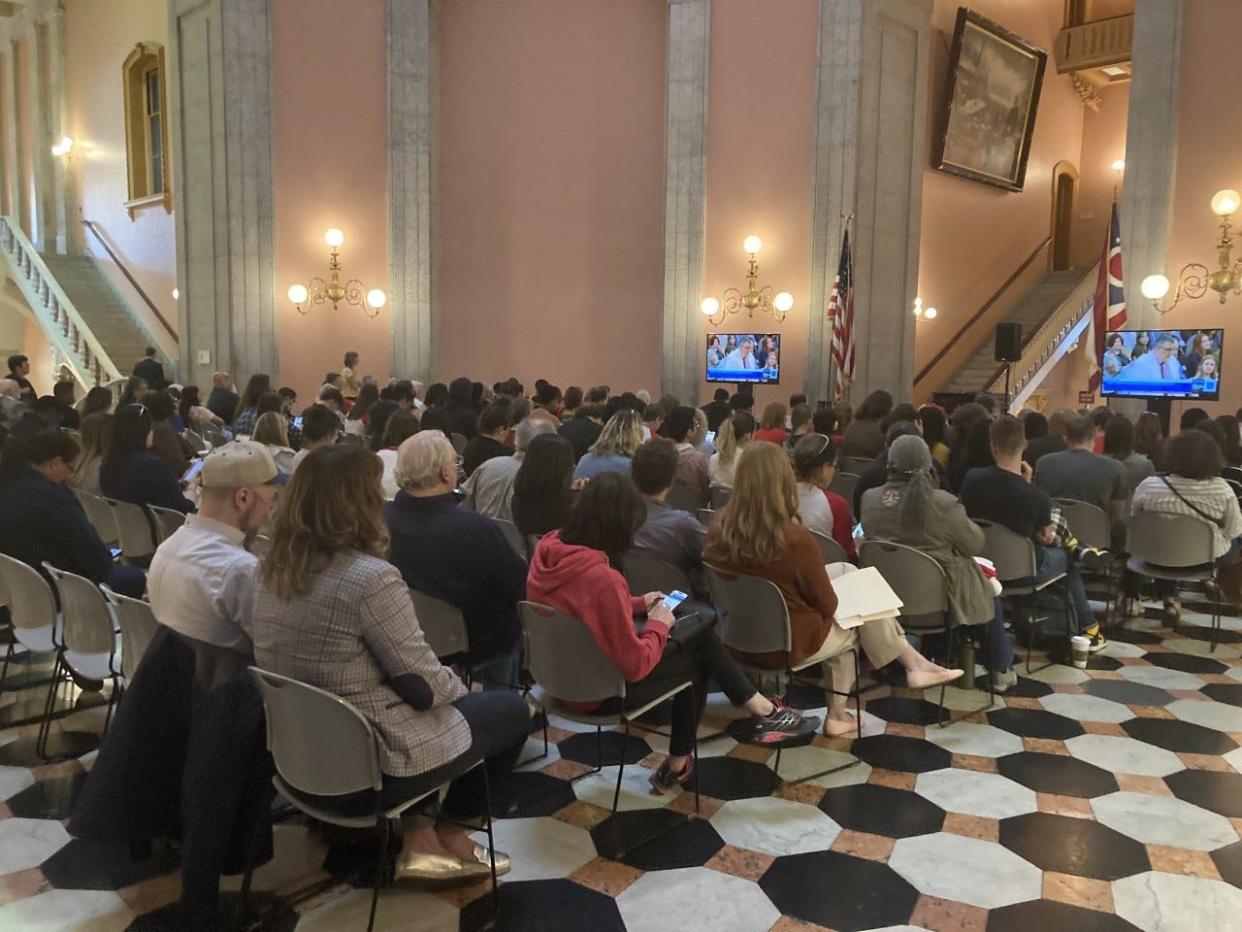
NOTE FROM DISPATCH OPINION AND COMMUNITY ENGAGEMENT EDITOR AMELIA ROBINSON: More than 100 college students recently submitted written opposition to Senate Bill 83 to the Senate Workforce and Higher Education Committee.
The bill makes major changes to higher education in Ohio. It includes bans on mandatory diversity training and partnerships with Chinese universities to compulsory history classes and faculty evaluations, Senate Bill 83.
About 320 written objections total have been filed compared to eight filed in favor of it the wielding bill.
There were also numerous verbal objections to the bill sponsored by Ohio Sen. Jerry C. Cirino, R-Kirtland, and named Ohio Higher Education Enhancement Act.
Cirino chairs the Workforce and Higher Education Committee.
Below are excerpts from seven students' testimony. Full testimonies for and against the bill can be found at www. legislature.ohio.gov/legislation/135/sb83/committee.
Safe spaces threatened
Casey Smith, public administration and political science major, Muskingum University. Accepted to JohnGlenn College of Public Affairs at Ohio State University.

Upon acceptance to both universities, I was asked similar questions: How would I contribute to diversity on campus and why diversity was important to me.
To answer OSU's application question, I referred to my time at Muskingum as the president of the Black Student Union.
In this position, I was able to advocate for a safe space where students could gather.
The multicultural room, that we now have, is located in a building funded by donations from groups such as the Ku Klux Klan - the three plaques that commemorated their contributions were only recently removed from the building after 90 years.
In a space funded by a group driven by hate and division, I was able to help create a space that embodies acceptance and unity.
It is within this same space that students have come to me in tears because they feel unsafe by how our society has found it acceptable to treat them.
The passing of this bill allows for individuals who create this feeling of hatred to remain unchecked and uneducated.
A sense of acceptance is something I would like to bring with me to OSU, but I am afraid that this bill will stop me and other students from being able to discuss difficult topics, leading to deeper division — something this bill will supposedly put an end to.
My passion for advocacy and social justice is what drew me to the John Glenn College of Public Affairs.
Their class offerings allow me to discuss the deeply embedded and controversial issues that this country continues to run from. The university’s offering of a full-ride scholarship has only intensified my love for advocacy not only for individuals similar to me, but for those who don’t look like me, think like me, or love like me.
At a time when I should be proud of my accomplishments, this bill has cast a shadow of hopelessness for my own future career and for the safe spaces in Ohio that this bill is going to destroy.
Ohio's school psychology programs threatened
Emily Lohmann, psychology graduate student, University of Dayton.
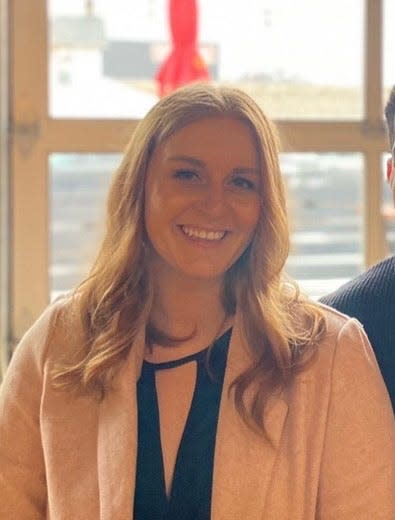
I am currently in my internship year, working full-time in the K-12 public school system as a school psychologist. I am here to express my deep concern with Senate Bill 83, specifically regarding the implications of limiting diversity equity and inclusion work in higher education.
Not only does this threaten students' ability to self-reflect on their own lived experiences and perspectives, but it would promote echo chambers within academia.
If your intention is to broaden the ideas shared in the higher education classroom, please understand that this legislation would do the exact opposite. If we do not prioritize input from diverse populations, we will be blind to others’ perspectives and lack skills to effectively work with those with differing backgrounds from our own.
As an individual who had limited access to diverse perspectives during my youth and adolescence, I needed training that opened my eyes to others’ perspectives to be able to serve students that I work with today. The students in Ohio’s K-12 schools are incredibly diverse and it is critical that those who work to improve the lives of students develop a deep understanding of these differences.
Opinion: 'The humanities are our moral compass.' Is there value in English, history degrees?
Understanding diverse perspectives helps me effectively work with students from different backgrounds in conducting special education evaluations and delivering counseling.
This, in turn, impacts academic and mental/behavioral health outcomes for Ohio citizens, which is currently a significant priority for Governor DeWine’s office.
Diversity, equity and inclusion provides a space for individuals who have different perspectives to share their life experiences.
Only then can students have effective and purposeful discussion to learn, grow, and prepare to work in our ever-diversifying society.
Senate Bill 83 directly threatens the nine school psychology programs in the state of Ohio. If this bill passes, school psychology programs would lose national approval, resulting in no licensable school psychologists in the state.
Science threatened
Devin Baisden, Undergraduate Student Government, Ohio State University
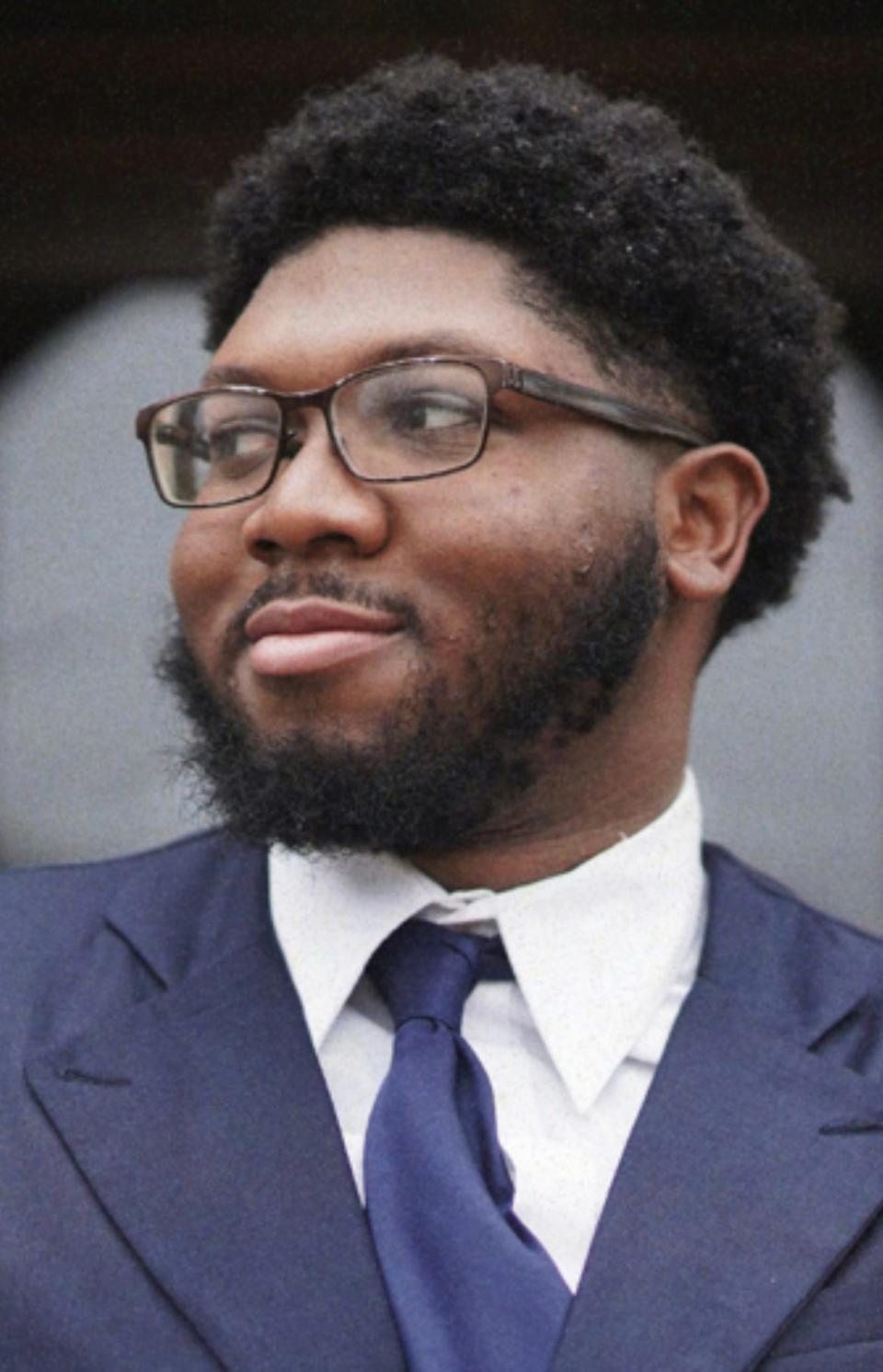
In 2017, I was excited I had just received my letter of acceptance from Ohio State University, my dream school since I was kid.
Since I first arrived I have met new challenges, experiences and new friendships along the way. During my time I have met people from all types of backgrounds.
This bill would affect those who come from underprivileged backgrounds. But I assume you all have heard testimony about how your bill would affect thousands of students mainly African-Americans who are on diversity scholarships, and organizations like the Morrill Scholarship (Program) that African-American students at Ohio State need in order to achieve their dream career.
OSU student: Outraged Ohio college students made it clear, Senate Bill 83 'irredeemable'
However, I want to talk about how your bill would affect the conversation when it comes to our climate. I am a meteorology major, and we must learn the relationship between the weather and climate though there are differences they go hand to hand.
Never at the university did my professors ever impose their beliefs on me. They showed us the data that hundreds of scientists have worked on ... and we came to our own conclusion. This bill would have (us) tell both sides of climate change. What does that even mean?
Climate change is not a coin.
Mr. chair, (Energy New Network writer Kathiann Kowalski) quotes you saying it was your idea to include climate change as a “controversial belief or policy" and that you "didn’t actually consult with climate people."
So, you wrote a bill about climate but didn’t bother asking anyone that specializes in this field of work for counsel for this?
You could have called the Byrd Polar and Climate Research Center about this issue. It’s just down the street.
Since your district is located near the Cleveland area you could have reached out to Cleveland State or even the Lake Erie Science Center.
Instead, you went to the National Association of Scholars, a nonprofit politically conservative advocacy group and took some of their concepts and put it into a very vague and very destructive bill. Maybe because they had concepts you wanted to hear.
In the 17th century (the) laws of gravity was a controversial topic. The theory of the Ice Age was a controversial theory of the 18th and 19th century. They all now have large acceptance.
Climate change being caused by humans is something 97% of scientists agree upon.
More: Ice Age American Indians ate mastodons, dogs in southern Ontario
The rest are either saying climate change is real but is not caused by humans or it’s not real at all.
Democratic freedoms threatened
Tori Haller, history major, Ohio State

I intend to teach history at the high school level once licensed. Due to this, I have a unique perspective on this issue because I have the fortune of seeing both the student and the educator sides of this issue.
Senate Bill 83 threatens many of the democratic freedoms that characterize our institutions of higher education, chief among which is academic freedom. Academic freedom is a pillar of the democratic nature of these institutions, and though the bill claims to foster intellectual diversity, all it will do is quash it.
Letters: White Americans are being conned. There is nothing to fear about being 'woke'
One of a teacher’s foremost duties to their students is to ensure that they receive a proper education. There is so much that teachers must learn about in order to properly ensure that everyone’s child receives the education owed to them as a member of this nation.
This has been ingrained in me from the moment I began taking education classes. As part of this education, teachers are tasked with the responsibility of ensuring that students are well-educated on the current issues.
More: Admitting “white privilege” shouldn't be required at Ohio universities
However, Senate Bill 83 prohibits institutions – and thus, its professors – from even commenting on controversial beliefs and ideologies.
This prevents professors from teaching about controversial information in their classes, even if they are experts in that field.
Many of the best professors I have ever had were the ones who refused to shy away from controversial topics and leaned into them instead.
I was never “indoctrinated” by these teachers or induced to believe what they did; indeed, these teachers sought to do the exact opposite. They presented the facts of history – even those that are historically overlooked – and encouraged critical discussion and consideration of these facts.
People threatened
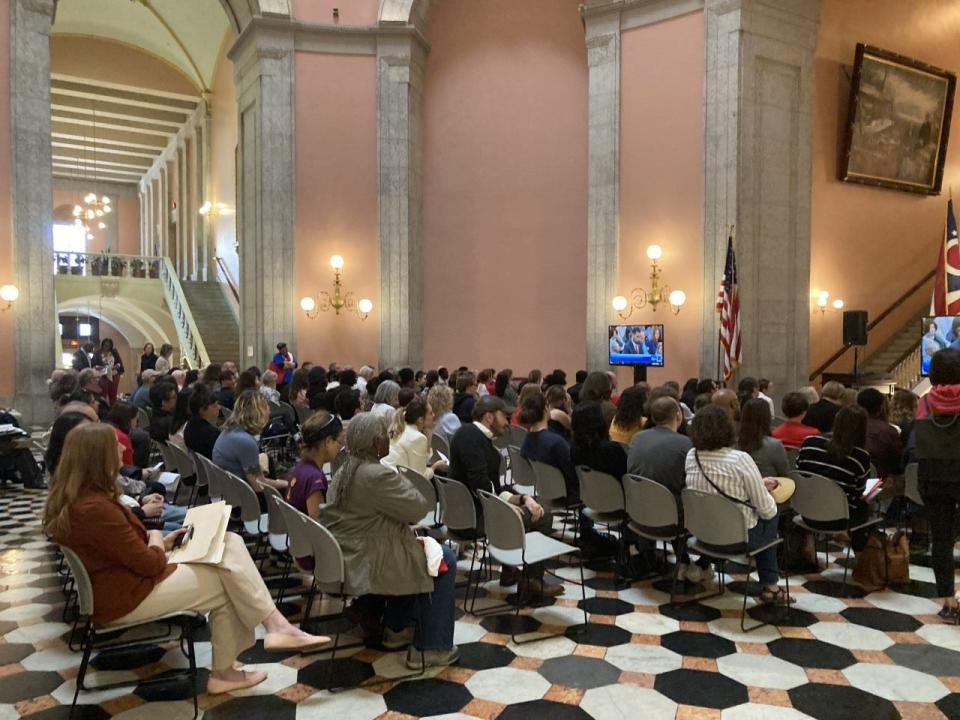
Alexander Stone, senior biomedical engineering major, Wright State University
I am also very active on my campus. I am a part of the WSU iGEM team, which is an international Synthetic Biology competition. I participate as a member of many of the university’s student orgs and am president of the Rainbow Alliance.
I have always been an incredibly motivated student. In high school I was a part of student government, serving as president my senior year.
I served as a member of the Shelby County Student United Way, was elected as captain of my soccer, basketball, and track team, all while working on weekends and over the summer. I was inducted as a member of the National Honor Society and even graduated valedictorian of my class.
And yet all this motivation and drive came from a place of such pain.
I came from a home where I did not feel safe.
My parents were emotionally, and sometimes physically, abusive. I spent so much time at school and work because those things kept me out of the house and gave me a small amount of freedom to be myself. I threw myself into school, and sports, and work, and clubs because they helped distract me from the pain I was experiencing.
By senior year it was all coming to a breaking point. Either I would graduate, go to college, and escape, or I would crumble under the weight of it all.
For me, college was the light at the end of the tunnel. It was my escape from the closed off, abusive world I had been subjected to my whole life. It was my chance to finally meet people who wouldn’t report me to my parents.
It was my chance to listen to music or watch TV shows without having to constantly look over my shoulder. It was my chance to figure out who I was, not just who my parents wanted me to be.
Without that light, without the beautiful, shining chance at escape, I would have had no hope, and I would not be here today.
As a queer student with quite a lot of childhood trauma, it’s very important for me to be able to connect with people who have shared life experiences with me. The feeling of extreme isolation I experienced as a child is horrific, and I would not wish that on my worst enemy.
Feeling alone in this world leaves a person to believe that they must achieve everything on their own, that they will never be stable, and that life is a series of painful experiences over and over until they die.
Opinion: Ohio leaders 'are twisting parents' fears into fodder for political gain' |Opinion
It is a tragedy that anyone would feel isolated, because the feeling of a strong support system is so comforting.
The support system I have now is one I built through many of the student orgs available at Wright State.
I’m eternally grateful to the students and faculty who, in the early 1990s, created the Rainbow Alliance which I am responsible for today.
Their work, and the work of the students and advisors who followed them, has directly benefited my life. For students like myself, who have to go out of our way to find community, these student orgs and gathering places are vital to our existence.
I’ve read through the bill being discussed here today, multiple times. I’ve looked it over with a lawyer through the Student Legal Services department at Wright State and worked with her to make a summary for my fellow students. I’ve been educating and raising awareness for this bill everywhere I go.
My purpose here today is not to talk about why this bill is harmful legally, or financially, or culturally; I’m sure there are plenty of people paid way more than me who will do that.
I’m here to tell you all why this bill is harmful personally to the students, from a student’s perspective.
I’m here to tell you today that if this bill were in place while I was in high school, I would (not) have had the light at the end of the tunnel to give me hope in an abusive situation.
Culture threatened
Caleb Collins, Miami University
I am a Myaamia heritage student from Miami University which sits in my traditional homelands. I am strongly opposed to Senate Bill 83 and its companion bill in the Ohio House.
I decided to go to school in Ohio so I could reconnect my family with the heritage that was taken away from us. I am a registered member of the Miami Tribe of Indiana which Miami University gets its name from.
For many years the Myaamia lived and cultivated the land around Southern Ohio, parts of Indiana, and lower Michigan until we were forcibly removed to Kansas and then again to Miami, Oklahoma. Myaamiaki were herded at gunpoint and forced onto canal boats to begin their journey on October 6, 1846.
OSU student: Outraged Ohio college students made it clear, Senate Bill 83 'irredeemable
Many were documented grabbing handfuls of soil when they left since they knew they’d never return. On the same day they were removed, classes were in session at Miami University as the boats passed through Butler County on the Miami-Erie Canal.
I never would have known about this history if I hadn’t attended the Myaamia Heritage Program at Miami University.
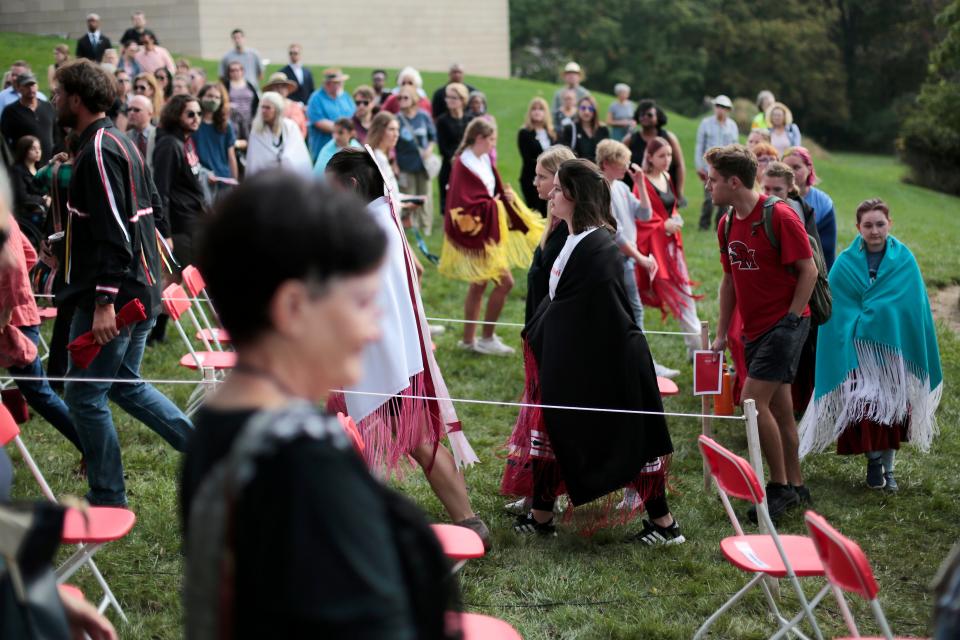
The Heritage Program provides a unique opportunity for tribal students and is the only program in the country that does this. It has provided a community for me that I never would have found at any other school in the country. My aunt, Rachel Barber, attended the program and graduated in 2000 and my cousin Cole Bewick is currently attending with me as well.
Many Myaamia students can say the same with cousins, siblings, or other relatives attending the program alongside them.
There are currently 44 Myaamia students enrolled in the heritage program, and this number continues to grow each year as more of the community is making an effort to revitalize the culture we have lost. Many of them have no idea what it means to be Myaamia or native and are here for the same reason that I am.
The Heritage program offers a tuition waiver to students who enroll, and the opportunity to fully participate in the revitalization and re-learning of our language, history, contemporary culture, and practices that define us.
I am afraid that the passing of this bill would take this opportunity away from my tribe and other students who belong to other organizations or programs on campus.
Intellectual diversity threatened
Catherine Less, political science and public policy, Ohio State University
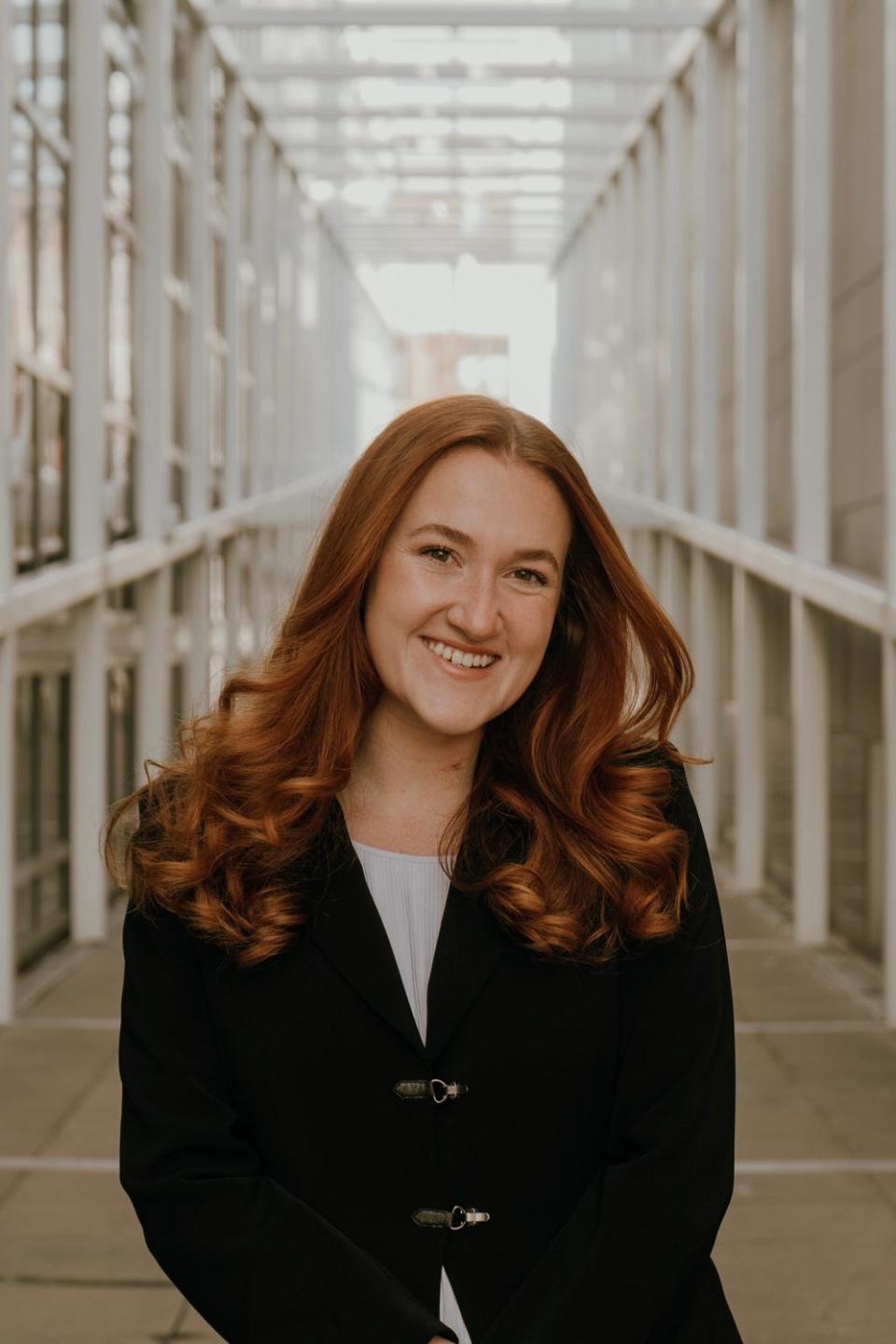
While you seek to establish classrooms that bolster intellectual diversity, you simultaneously undermine all of that by dictating the content and manner in which topics can be discussed.
Senate Bill 83 is an orchestrated wave of attacks against ethnic and gender studies that will have a horrifying effect on learning in higher education.
A core component of my major as a political science student relies heavily on the ability to have constructive academic conversations that challenge my own opinions in the classroom.
In my experience, by creating a space of discussion to debate and consider different political views has never led to a moment of alienation but rather a space trying to educate while at the same time being educated by my peers.
Opinion: Profs using 'shoddy, ideologically-motivated research' in attack on universities
Challenging but necessary conversations are when individuals find themselves, and find what they believe in. By silencing my ability to better understand the complicated aspects of our shared history and censoring my classmates’ experiences centered around race and identity, completely removes crucial cultural awareness and critical thinking needed inside the classroom.
Creating an inclusive campus culture is also a vital part of fostering a diverse environment for all students on campus.
Prioritizing diversity and practices of race-conscious admission remain necessary if we want to see more racially integrated classrooms. Affinity groups at Ohio universities such as programs and organizations for Black, Latinx, LGBTQ+, Asian and AAPIwork to promote awareness of their culture while also providing a space for individuals to feel supported and valued.
By threatening campus organizations that create a sense of community forstudents will only negatively affect a student’s college outlook and experience, while turning away countless amounts of individuals from attending Ohio universities who value affinity groups when making their decision in higher education.
This bill is an act to silence and dictate the lives of students like me, who are adults by every definition, who pay thousands of dollars each semester to choose what we learn, what we are taught, and what groups and organizations we want to be a part of.
As adults, we must be the ones to choose whether certain practices in the classroom are not working, whether we want to discuss politics and religion, or whether we want to foster spaces that promote diversity.
Creating a wide-sweeping bill that attacks a student’s education while simultaneously painting yourselves in a “savior of the students” image, undermines our work, our money, and our ability as adults to make decisions for ourselves.
It’s simple, the realities of Senate Bill 83 would make it harder for marginalized students and staff to feel welcomed and heard. DEI training for staff can highly impact student outcomes at an institution, and without it, essential conversations may be silenced, and the creation of new knowledge will be lost.
Diversity on campus improves intellectual engagement and fosters better scholars, thinkers, and citizens. Weaving how racial biases operate into curriculums can open the door to educating students about ways to prevent acting on their biases.
Allowing students to choose what they want to study and in the context that works best for them, is the only way to improve higher education.
This article originally appeared on The Columbus Dispatch: Students: Senate Bil 83 is an orchestrated threat that must be stopped

